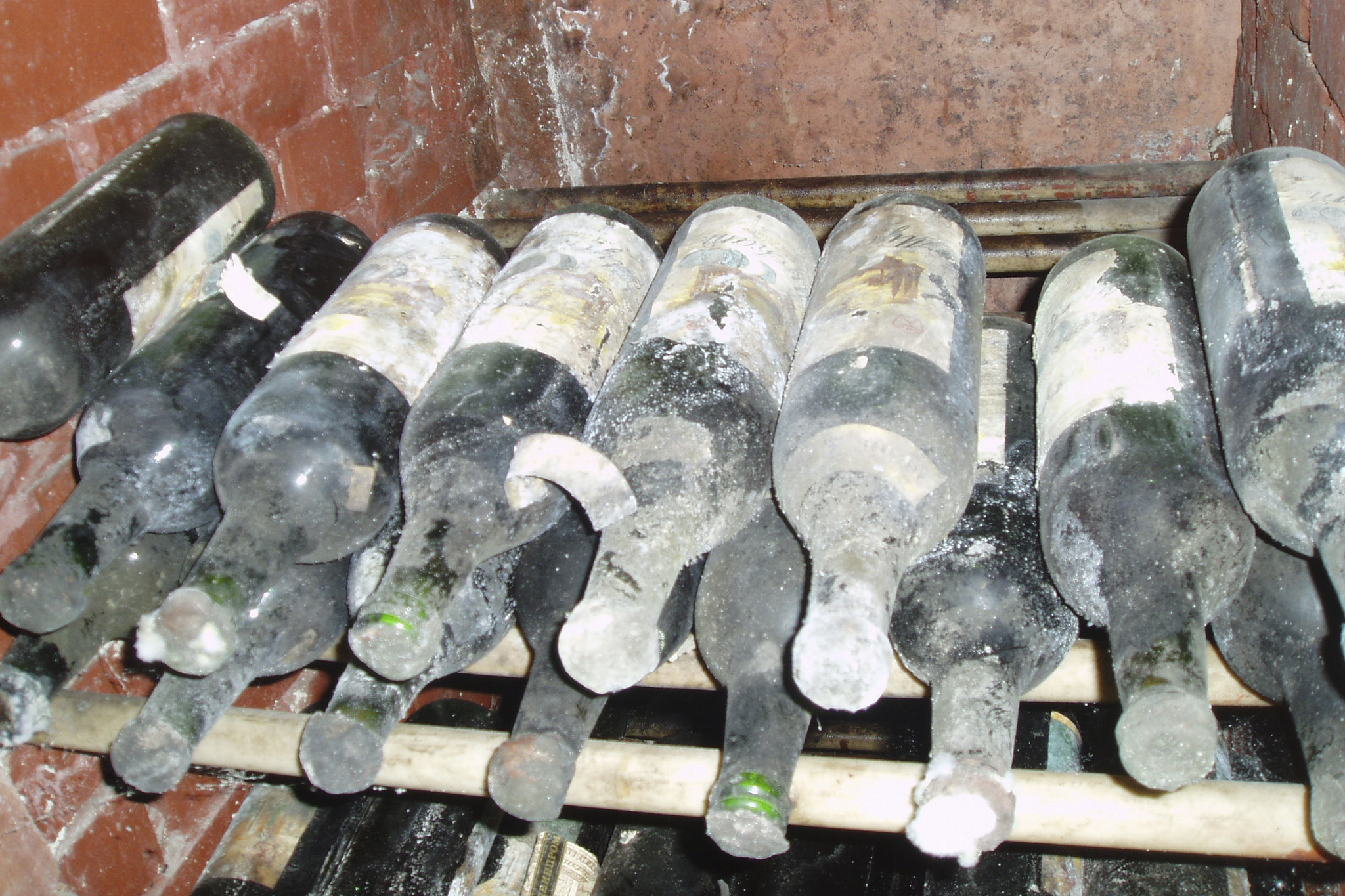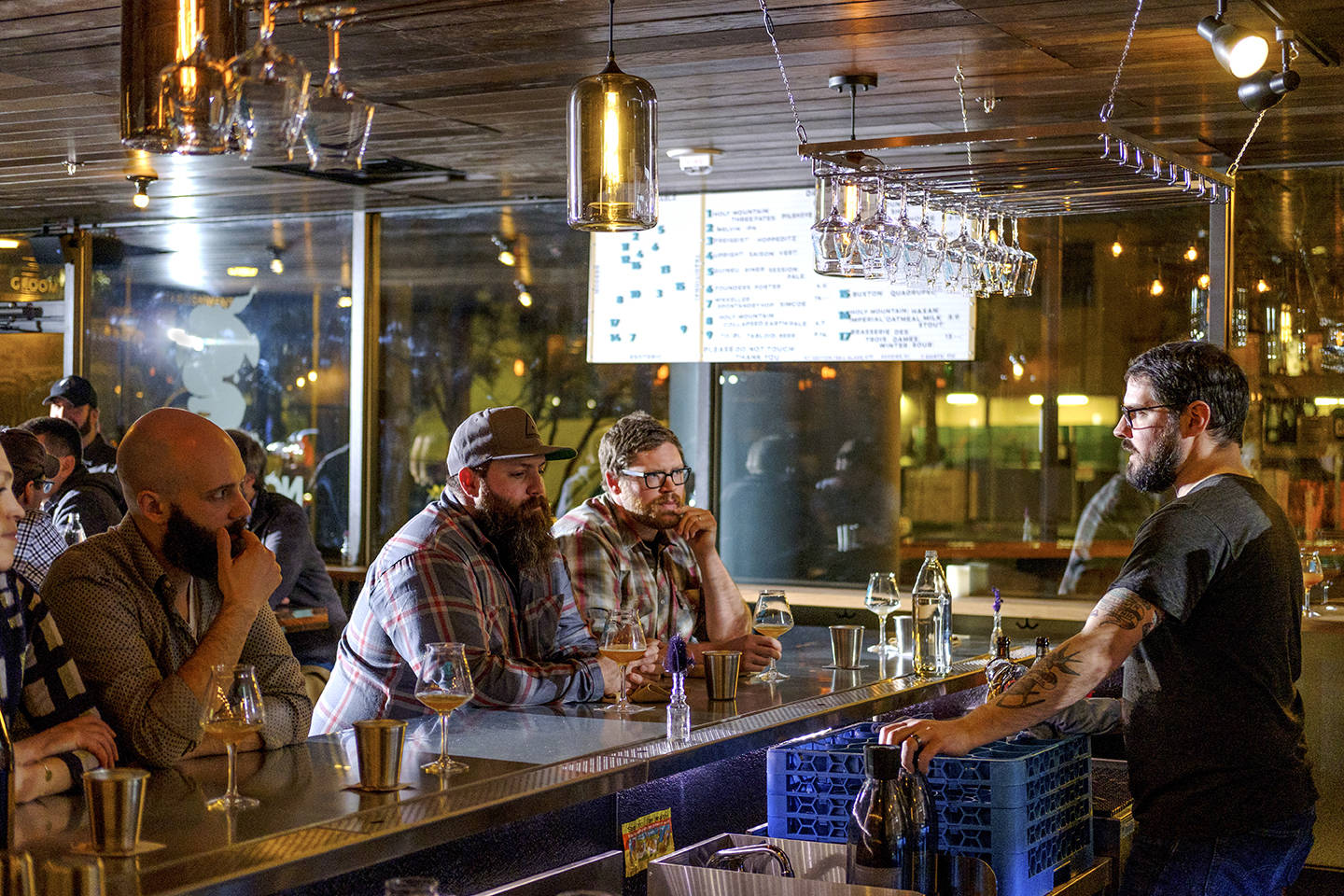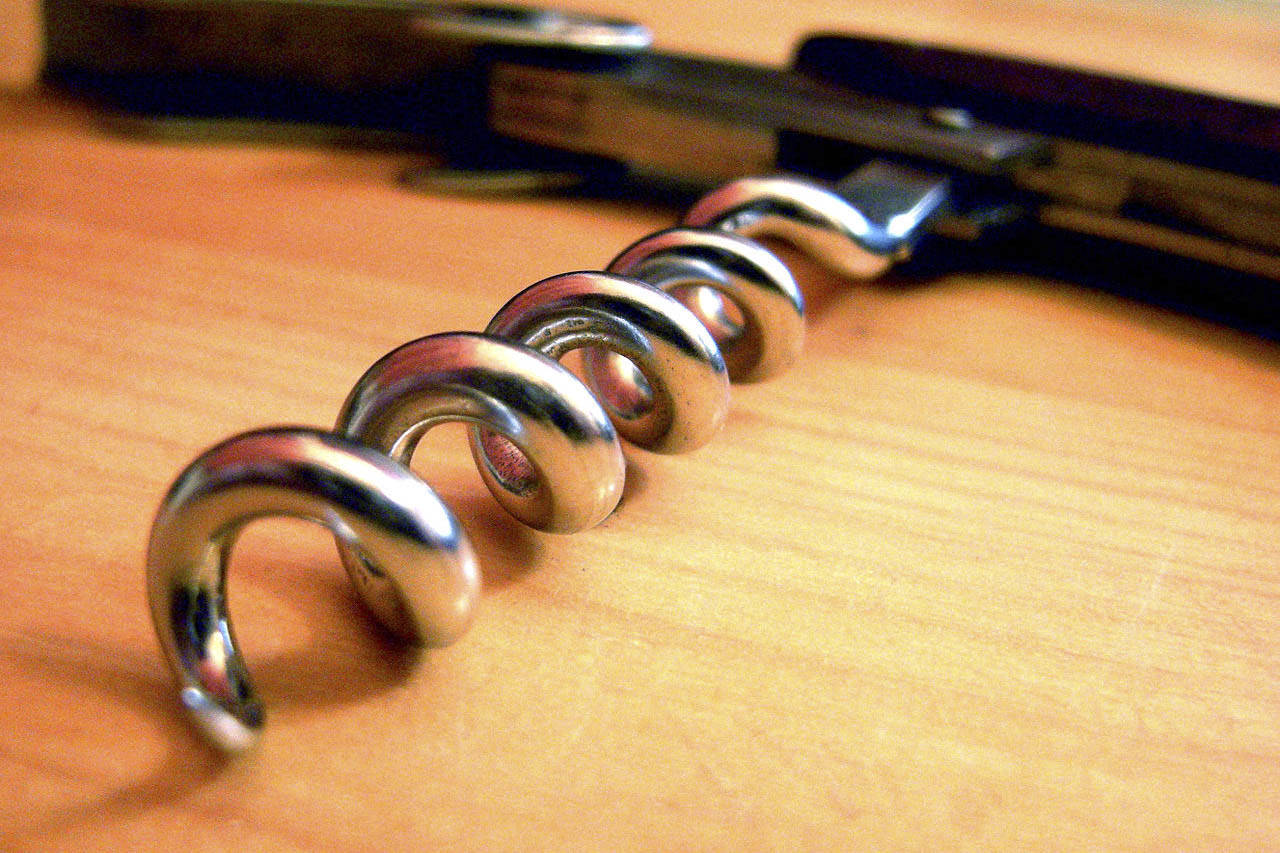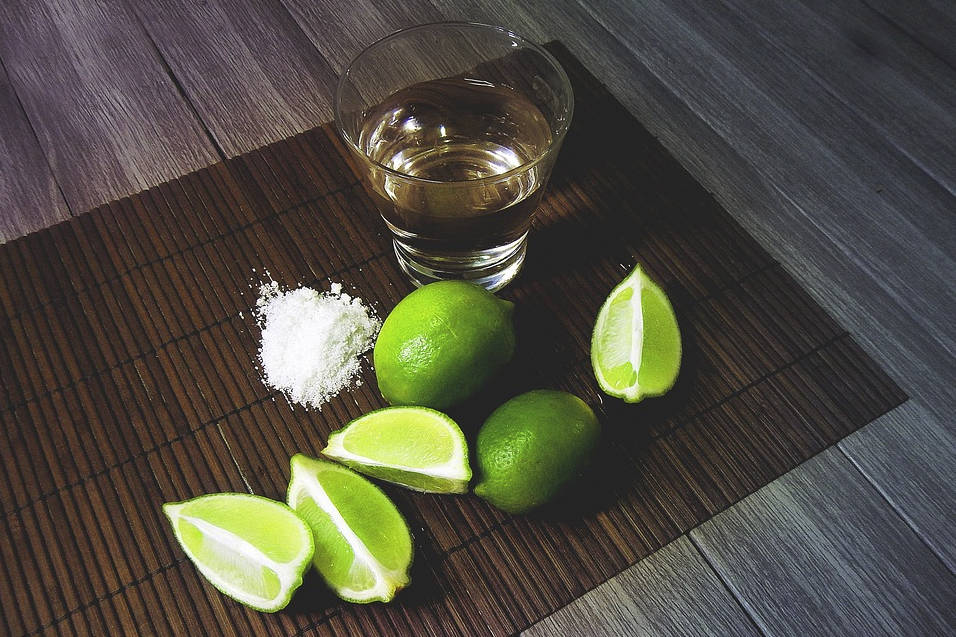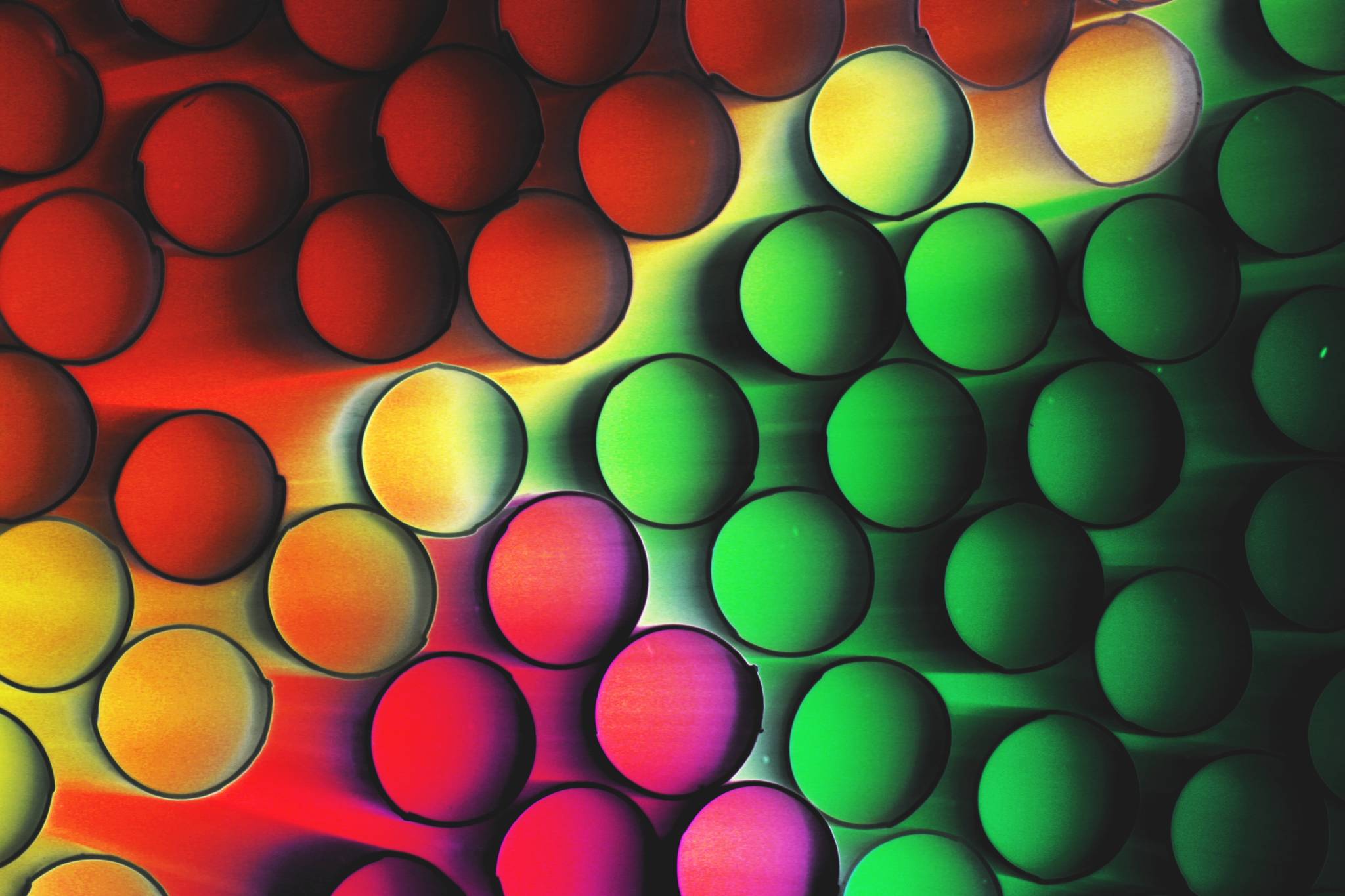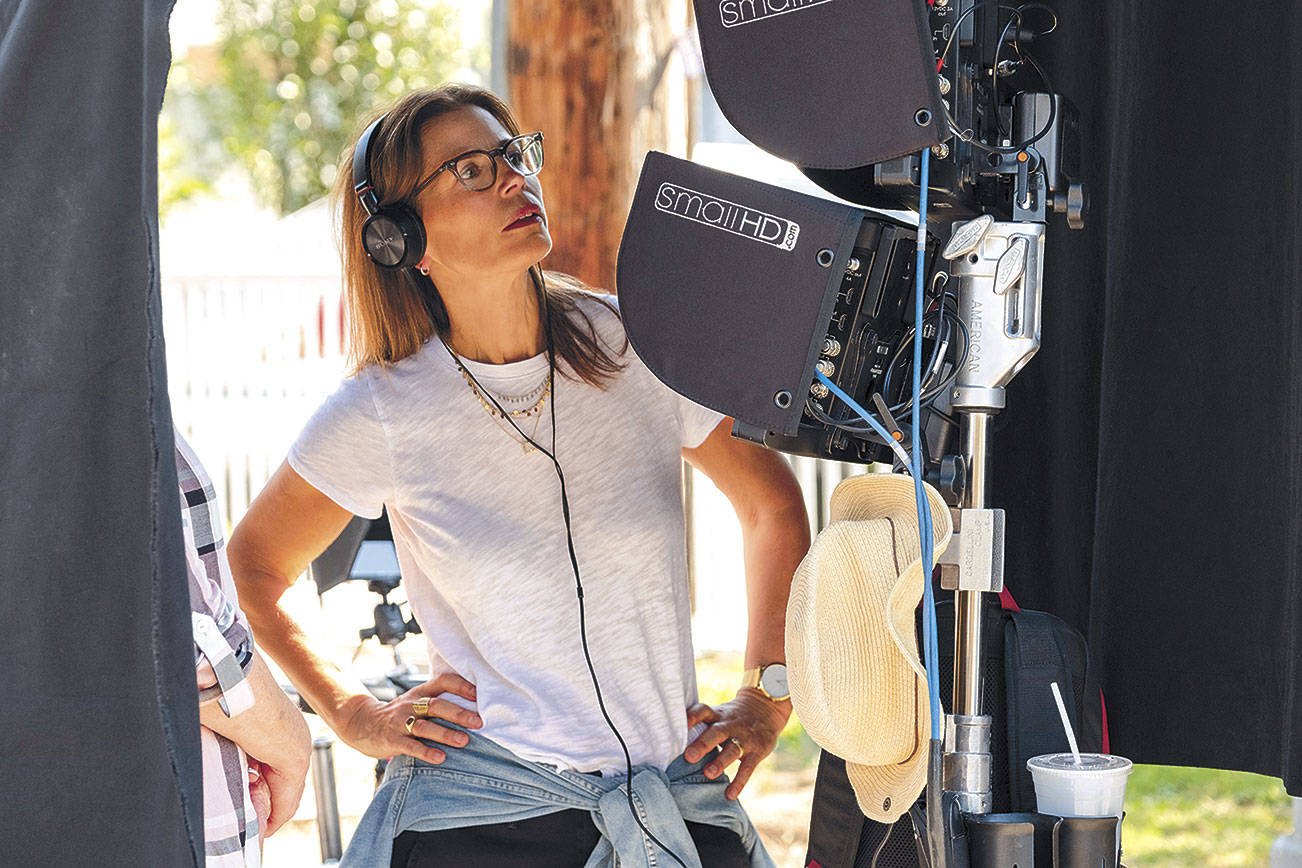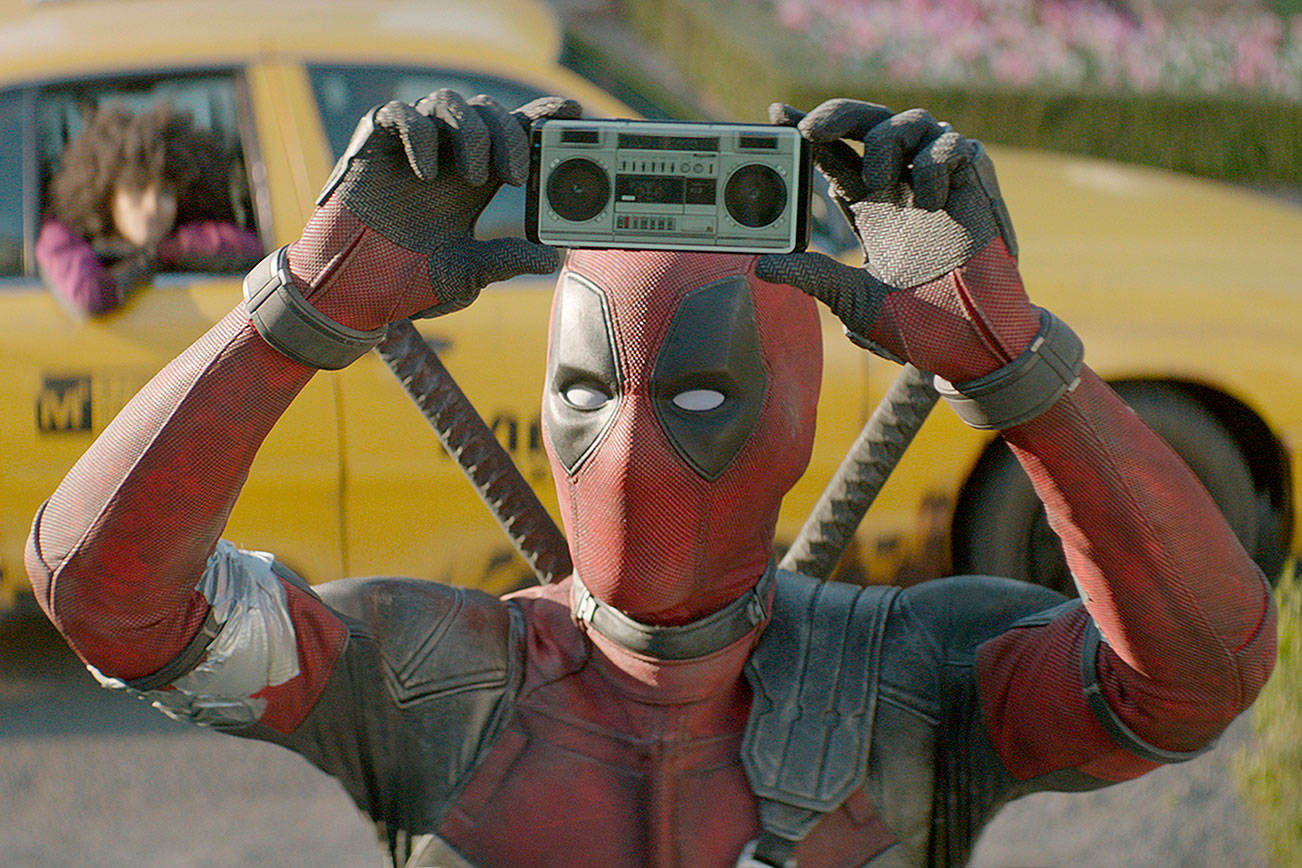Working in a wine shop has taught me quite a bit, but the biggest takeaway has to do with the anxiety surrounding the process of aging wine. Most people are incredibly intimidated by the idea of aging wine for any longer than it takes to get home that evening. Knowing when to open a bottle, finding a place to store it, and even just resisting the temptation to drink it right now are serious challenges for many. Yet it is undeniable that aged wine can result in a kind of joy unavailable in a young wine. Since the major investment is just time that’s gonna pass either way, you might as well put that time to work in your favor. Here’s my advice:
Make the right choice. Not every wine should be aged. Some are very much at their best when young, and this isn’t just about price either. Few things frustrate the would-be collector more than buying something pricey, stashing it for a few years, and then finding that it was better when young. The key components to consider are varietal, style, and structure. Some grape varietals simply age better: Cabernet sauvignon, nebbiolo, and tempranillo are just three examples. Even then, look for wines that emphasize balance over boldness, as intense fruity notes dissipate with age, often leaving little else behind. Finally, wines with higher levels of tannin and acidity will age better, as those elements act as natural preservatives.
Hide it away. The best place to age wine is somewhere dark, cool, dry, and easily forgotten. The first three will ensure that the wine ages gently, but the last will keep you from pillaging your stock when it’s 1:30 a.m. and you need “just one more bottle.” I’ve heard too many horror stories of waking up the morning after to find an empty bottle of something that was being saved for a special occasion. If you’ve got a basement or garage that’s not too moist, or even a reasonably cool closet, you can start a wine collection. Just throw a towel over it and pretend it’s that workout gear you were totally gonna use.
It’s not always better, just different. Sometimes people expect to have a “hallelujah” moment with old wine. Yeah, that can happen, but aged wine is less about intensity of flavor and more about complexity and length of flavor. If you like your wines vivid and intense, you might be underwhelmed at the result, but if you come with an open mind, it can be fascinating to see just how different a wine can be five or 10 years later.
Don’t take it so seriously. With wine, the overriding concern is a vague feeling that “I’m doing it wrong.” That manifests in a million different ways, but mostly it involves timing and selection. Thus I suggest starting small. Pick a few wines that you like, at a price point that won’t hurt you if the whole thing flops. Duplicates are good because you can taste them at regular intervals, and come back in five years or so. Who knows what you might find?
